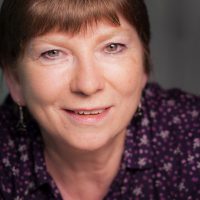Maths – Magic, Mystery or Matter of Fact?
What is maths?
Many of us regard maths as a bit of a mystery. If you love it, it’s magic, of course. But where did it come from and what does it do? These are questions that are explored in BBC4’s Magic Numbers: Hannah Fry’s Mysterious World of Maths.
Hannah is an Associate Professor in the Mathematics of Cities at the Centre for Advanced Spatial Analysis (CASA) at UCL. She works with a mix of scientists and others to study the patterns in human behaviour – particularly in an urban setting. Her research applies all kinds of social problems and questions, from shopping and transport to urban crime, riots and terrorism. This is matter-of-fact maths!
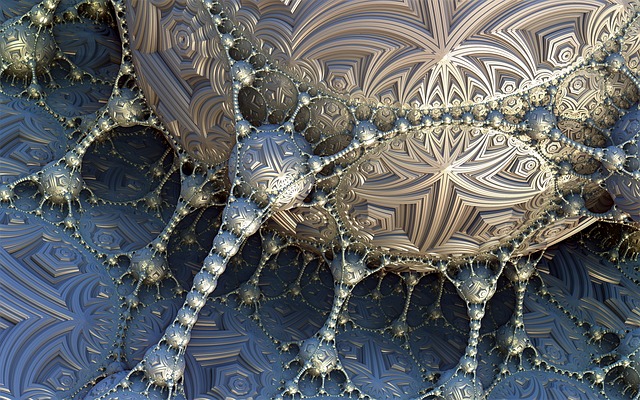
There’s also plenty of scope in the programmes and clips for STEM teaching
In the series of documentary programmes, Hannah had her brain scanned to find out which bit of it deals with maths. Turns out that even babies who don’t know anything about maths are hardwired to do it. And our world is full of maths. Hannah experiences the thrill of the fairground ride to point out that mathematical calculations are behind the adrenaline rush in Trust in Numbers.

Where do numbers come from?
The idea of numbers is universal and present in all societies – but was it invented or does it already exist? The jury is out, as many scientists and mathematicians have differing theories and can’t reach agreement. Hannah explains the concept in Destroying the number four.
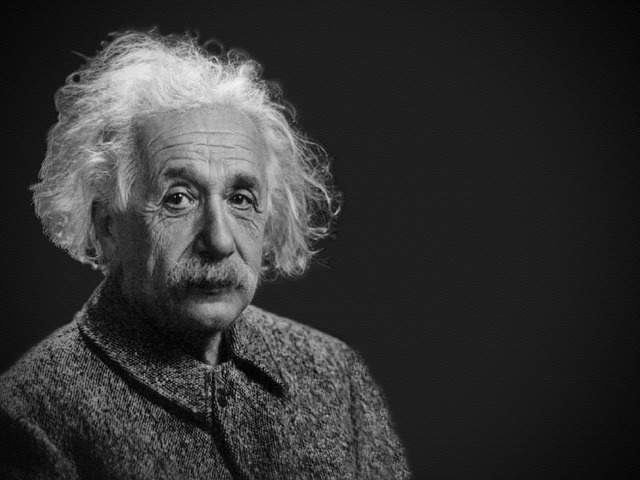
Testing Newton's Law
Hannah tests Newton’s Law when she calculates her own terminal velocity to go down the fastest zip-line in the world.
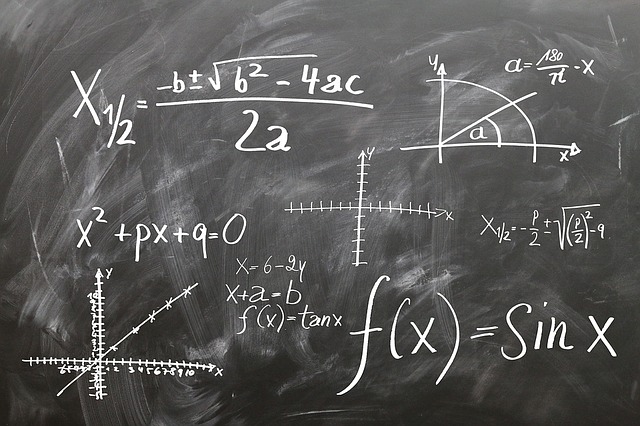
Pure and theoretical or practical and applied?
The early pioneers of aviation were often dependent on trial and error but now things are more sophisticated. This highlights the difference in maths – pure and theoretical or practical and applied? Hannah thinks that maths is discovered but still loves the idea of pure maths…
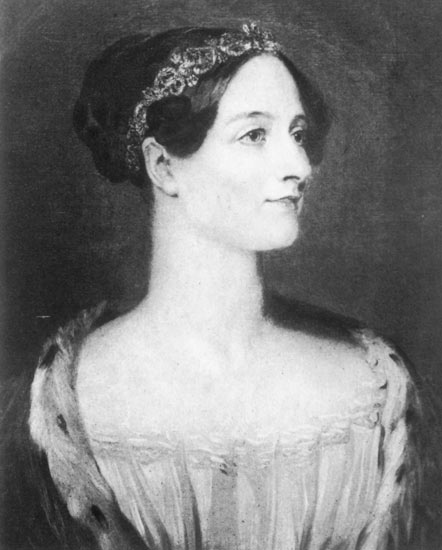
Find out more
The Open University has more information and material on women in mathematics.
STEM co-ordinators will know that the second Tuesday in October is now Ada Lovelace Day and an opportunity to celebrate the achievements of women in science, technology, engineering and maths. But why wait for next October to come round again – if you missed it, you can celebrate now.

